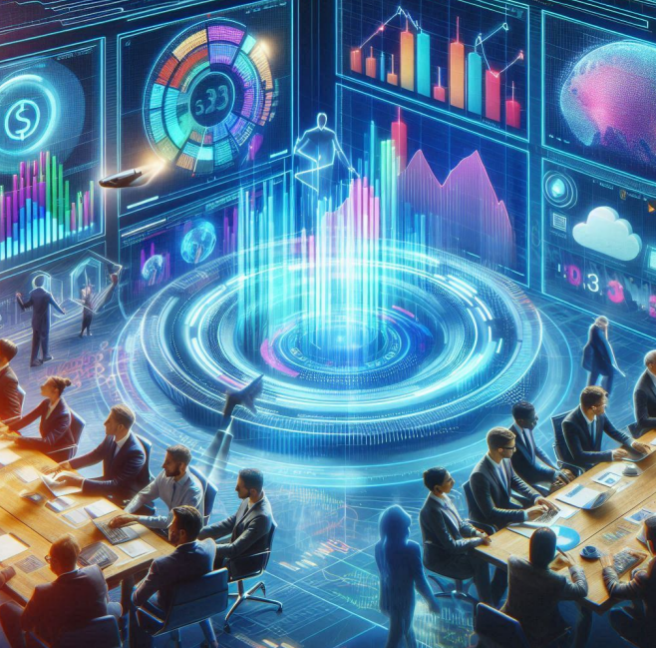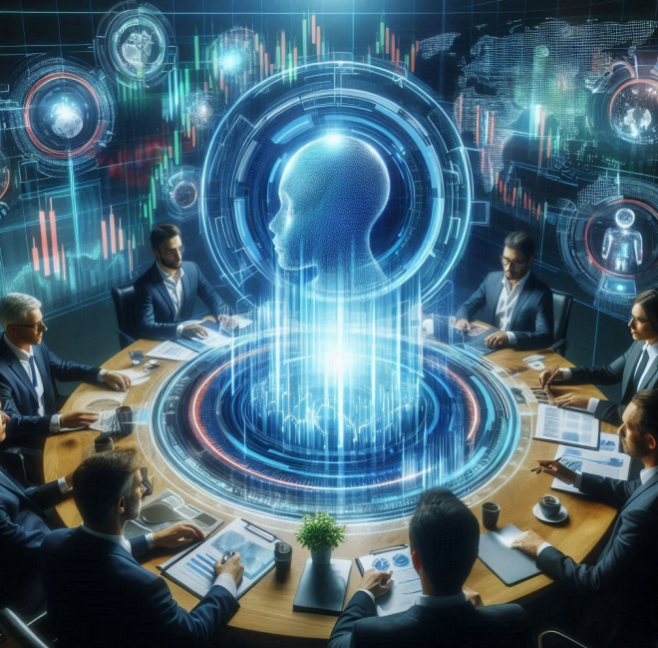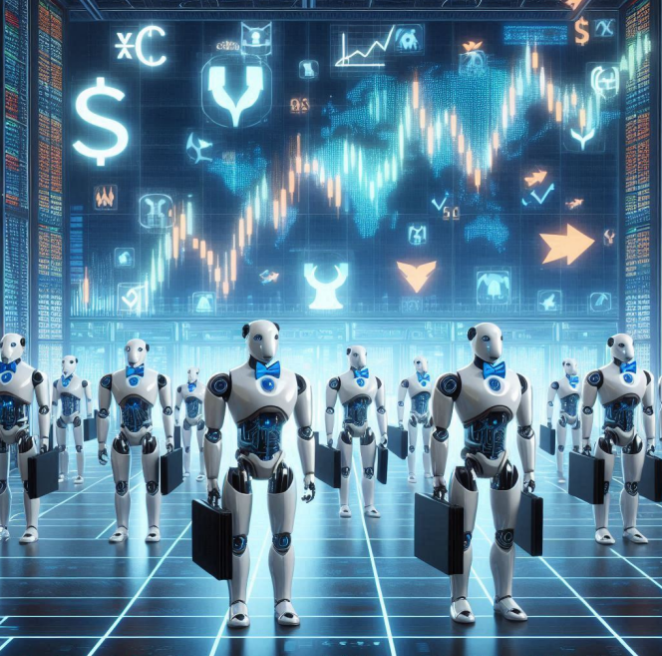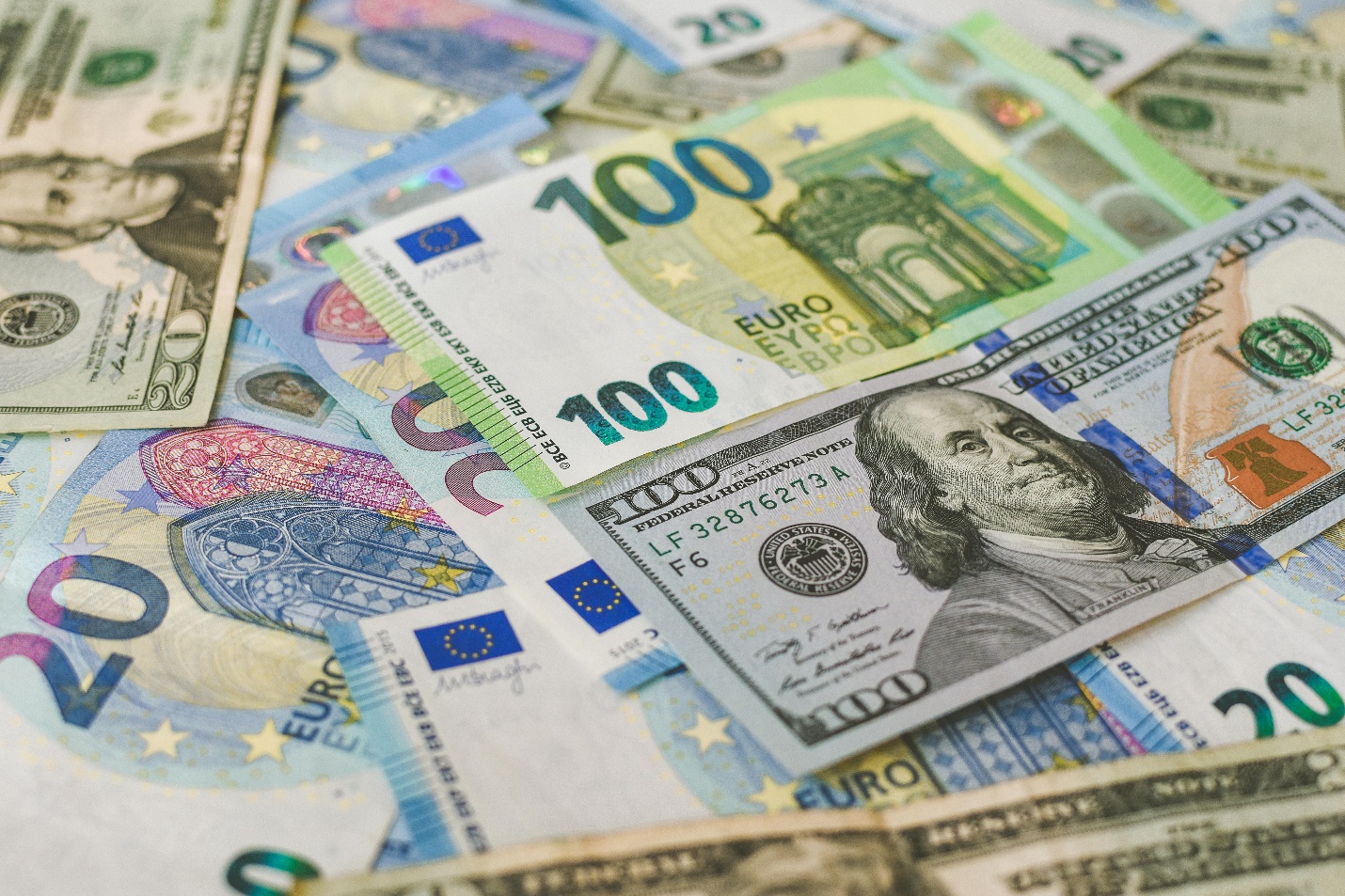AI in Trading
The trade sector is undergoing a fast transformation thanks to Artificial Intelligence (AI), which makes transactions more profitable, precise, and quick. Traders are now able to refine tactics, lower risks, and make more informed decisions thanks to AI systems that analyse massive volumes of data. The financial markets are now operating in a new era of efficiency and precision thanks to the use of AI in trading.

How Trading Uses AI
Deep learning, natural language processing (NLP), and machine learning algorithms are the main engines of artificial intelligence in trading. Trading professionals and financial organisations may now handle large, complicated datasets, such as sentiment from social media, historical market movements, and economic statistics. AI can therefore anticipate price changes, spot trading opportunities, and execute deals more quickly than human traders have ever been able to.
- Trading Algorithms
The capacity of AI-powered algorithmic trading to evaluate historical data and create trading strategies has made it more and more popular. By identifying trends and forecasting future market movements, machine learning models assist traders in making fast judgements. These algorithms can also execute transactions in milliseconds,
allowing them to take advantage of fleeting market opportunities.
- Evaluation of Sentiment
NLP allows AI to assess market sentiment by analysing news stories, social media feeds, and business announcements. Through this real-time research of market sentiments, traders may gain insight into public opinion and how it might affect stock prices. Tools for sentiment analysis can forecast changes in the market that traditional analysis might miss.
- The Handling of Risk
By spotting possible dangers in a trader's portfolio, AI may assist with risk management. Artificial intelligence (AI) systems can identify volatility and possible losses by continuously monitoring market circumstances. This allows traders to modify their strategy as necessary. These tools, which suggest adjustments to position size or stop-loss orders, can offer early warnings and avert catastrophic losses.

AI's Advantages for Trading
Artificial Intelligence is revolutionising the way traders evaluate markets, implement strategies, and handle risks with unparalleled precision and speed by utilising sophisticated algorithms and data-driven insights. AI in trading has several benefits. It first removes human emotions from trading decisions, such greed and fear.
Second, AI monitors international markets around the clock and executes deals even when traders are not present. Finally, technology is significantly faster and more efficient than humans in processing and analysing large datasets, which enables traders to seize market opportunities instantly.
Obstacles and Moral Issues
Even if AI has numerous benefits, there are drawbacks and moral dilemmas. The rapid execution of deals resulting from AI-driven trading has the potential to exacerbate market volatility. Furthermore, questions of transparency and accountability in financial decision-making are raised by the dependence on algorithms and automation.
Final Thoughts
Without a doubt, artificial intelligence (AI) is transforming the trading industry by facilitating quicker execution, better decision-making, and risk management. Trading will be further revolutionised by AI technologies as they develop because they will make increasingly accurate forecasts. Profitability rose, and financial markets activities became more effective.
(Writer:Lily)






